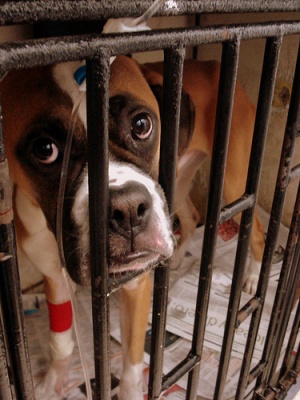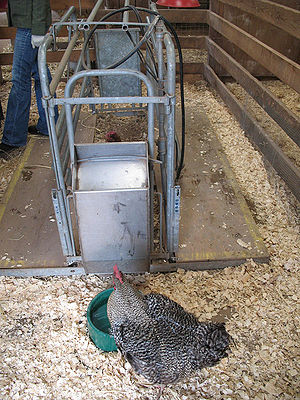
We know that everyone makes mistakes that may have unintentional consequences. There may be a time when we come up against a veterinarian who is uncaring and incompetent and causes harm – injury or death – to our pet. When your beloved pet is involved in such a situation, it can be devastating. You can protect your pet from by following a few simple guidelines.
Protect your pet by researching a veterinarian’s qualifications before choosing one. Speak to other pet owners about how they feel about their vets.
Always ask for a copy of your pet’s record of each vet visit. Keep copies of any laboratory reports and x-rays. The written record of your pet’s visit should include reasons for the visit, diagnosis, recommendations, treatments and names and dosages of any medications prescribed and any other vital information.
Pay attention to your instincts. If you feel that something is not right with your pet and the vet cannot find anything wrong, seek a second opinion from a respected vet.
If your vet recommends a specialist or a surgeon, find out as much as you can about that person before making an appointment.
For general examinations, vaccinations and simple procedures, you should be allowed to be present. Pets are less stressed and usually more cooperative when their human is with them.
Your vet should never perform any procedure on your pet without your express consent. Get it in writing signed by you and the vet.
If your vet doesn’t offer explanations or answer questions that satisfy you, doesn’t share copies of your pet’s medical records, don’t hesitate to leave the office with your pet and find another vet.
If your pet comes to harm and/or dies and you suspect your vet, through negligence or incompetence caused it, save the remains. Take them to a veterinary college or another vet for necropsy (autopsy in humans) to determine why your pet died.
If your suspicions are confirmed, seek legal advice. Laws may vary from state to state and country to country, so it’s important for the legal adviser to be informed of the law in your area.
You know your pet best and you are the one who must advocate for him/her. You can check if there is an Animal Defense Group where you live and contact them for help.
Keep in mind that not all vets like all animals. I had an appointment once at a vet who was afraid of my small 25 lb. gentle pup and would not lift her to the table for an examination. He was adamant in his refusal to examine her unless I lifted her and held her close. Needless to say that ended the visit.
Recently I adopted an abused year old pup from a shelter. I felt pressured into taking her to a vet unknown to me that the shelter used. Cookie had a leaking problem that she developed probably caused by her abusive former owner, when he kicked her so hard, her hip was displaced and cracked and she required surgery after being rescued. She needed a special test and when it was completed, the vet never came out to speak to me. Instead he sent one of his assistants who couldn’t give me any articulate explanation of the procedure or the problem. Fortunately, my own vet repeated the test and explained everything to me. I did not take any legal action but I’ve since learned to trust my own judgement.
Related Articles



